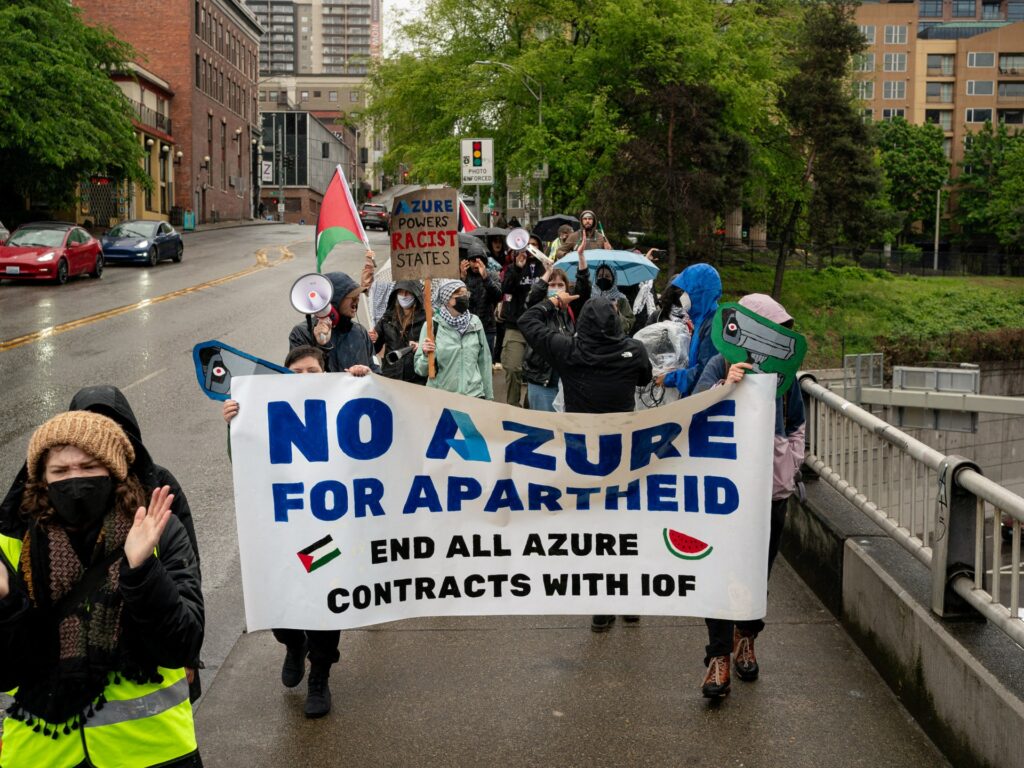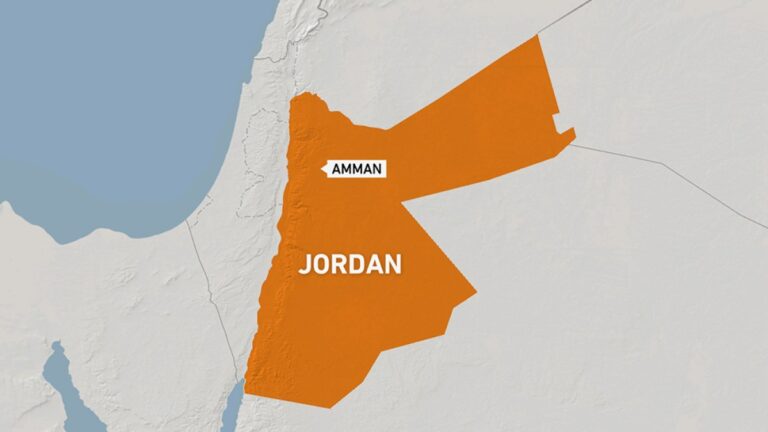
In the few months since President Donald Trump took office, the campaign against diversity, equity and inclusion (DEI) policies has expanded at an unprecedented scale. Civilian and military officials have been removed from their positions with the justification that they were “diversity hires”. Webpages dedicated to historical figures with diverse backgrounds have been wiped out from government websites. Programmes aimed at improving diversity and inclusion have been terminated. Federal funding for schools has been conditioned on principals signing anti-DEI certificates.
The private sector has followed suit. Company after company has announced they are putting an end to DEI targets and abandoning DEI programmes. But while these announcements were made in the past few months, the truth is that the process of abandoning commitments to diversity and inclusion began long before Trump took office.
Last year, numerous anecdotes revealed that employers across the board were violating their own DEI standards by taking adverse action against Muslim and Arab employees.
In May, Hesen Jabr, a nurse who had been tapped to receive an award from NYU Langone Health, was fired and accused of “ruining the ceremony” and “putting others at risk” after she spoke about the effect of the genocide on Palestinian women, including her mother and grandmother.
In October, two Arab Muslim employees, Abdo Mohamed and Hossam Nasr, were fired for organising a vigil for Palestinians killed in Gaza that Microsoft claimed violated company policy – even though the organisers reportedly followed the company’s standard procedures for similar events.
Earlier this year, we at the Council on American-Islamic Relations (CAIR) compiled the data we had gathered from complaints filed to us throughout 2024 and it confirmed what anecdotal evidence already pointed at: Islamophobia was raging at workplaces across the US.
CAIR received 1,329 complaints of employment discrimination in 2024, which was higher than education-related complaints. It became the highest reported category for the first time in the organisation’s 30-year history.
The rise is clearly linked to increased suppression of viewpoints critical of Israel’s attacks on Gaza, which numerous entities such as Amnesty International, Human Rights Watch, and a UN Special Committee have determined are consistent with acts of genocide.
We already saw a spike in such complaints at the end of 2023, when in the last three months of that year, which overlapped with the start of the Israeli war on Gaza, we registered 662 reports of employment discrimination. By comparison, for the whole of 2022, we received only 563 such reports.
Most frequently, employers targeted Palestinian, Arab, Muslim, and other employees for identity-related speech; in many cases, these same companies or institutions allowed this type of speech for employees of other ethnic and religious backgrounds.
At Google, for example, employees are generally encouraged to participate in the company’s “open culture” and to embrace their racial identity and sexual orientation at work. Arab and Muslim employees, however, report being instructed to “refrain from making comments in support of Palestinians”.
At a Maryland middle school, instructors have reportedly expressed opinions on various topics, “from racial justice to the war on Ukraine”. However, Hajur el-Haggan, an Arab Muslim employee, was disciplined when she expressed her views on Palestine.
At a medical centre in California, hospital staff wore badge reels with messages, such as “Black Lives Matter”; yet, Yasmin Bishr, who is visibly of Middle Eastern and North African descent, was singled out for wearing a “Free Palestine” badge reel.
In the seemingly rare instances when Palestinians, Arabs, and Muslims are encouraged to share identity-related speech at work, such expressions are only acceptable to the extent that they do not express criticism of Israel, even as it has been involved in a campaign of destruction of Palestinian and Muslim heritage.
It would have been fine, administrators reportedly claimed, for Hesen Jabr to “mention [her] mother and [her] grandmother” during her award acceptance speech, but she “should’ve stopped there”.
After an event related to Palestine was postponed by the administration, employees at a Minneapolis hospital learned that they were permitted to “normalise Palestinian culture” only to the extent that it did not qualify as “activism” against Israel’s destruction of Palestinian cultural heritage.
As with any circumstance that impacts a minority group, we know that this employment discrimination crisis will not just affect Muslim, Palestinian, and Arab employees, or others subjected to Islamophobia and racism for speaking out for Palestinian rights.
If Muslim, Palestinian, and Arab voices could be so easily sidelined and entire workplace cultures so quickly disregarded to appease a foreign state, we fear the worst is yet to come.
What this moment demands – as it always has in times of political divisiveness – is for people of diverse faiths, backgrounds, and experiences to find solidarity in their shared conditions and resist attempts to punish free speech.
The views expressed in this article are the author’s own and do not necessarily reflect Al Jazeera’s editorial stance.



